A person wanted to shift his residence due to certain reason, hence, he sold his old house and from the sale proceeds he purchased another house. In this case the objective of the seller was not to earn income by sale of old house but to acquire another suitable house. If in this case the seller was liable to pay income-tax on capital gains arising on sale of old house, then it would be a hardship on him.
Section 54 gives relief from such a hardship. Section 54 gives relief to a taxpayer who sells his residential house and from the sale proceeds he acquires another residential house. The detailed provisions in this regard are discussed in this part.
Basic conditions
Following conditions should be satisfied to claim the benefit of section 54.
- The benefit of section 54 is available only to an individual or HUF.
- The asset transferred should be a long-term capital asset, being a residential house property.
- Within a period of one year before or two years after the date of transfer of old house, the taxpayer should acquire another residential house or should construct a residential house within a period of three years from the date of transfer of the old house. In case of compulsory acquisition the period of acquisition or construction will be determined from the date of receipt of compensation (whether original or additional).
It is important to note that:
- Exemption can be claimed only in respect of one residential house property purchased/constructed in India. If more than one house is purchased or constructed, then exemption under section 54 will be available in respect of one house only.
- No exemption can be claimed in respect of house purchased outside India.
New Change
With effect from Assessment Year 2021-22, the Finance Act, 2020 has amended Section 54 to extend the benefit of exemption in respect of investment made in two residential house properties.
- The exemption for investment made, by way of purchase or construction, in two residential house properties shall be available if the amount of long- term capital gains does not exceed Rs. 2 crores.
- If assessee exercises this option, he shall not be entitled to exercise this option again for the same or any other assessment year.
Further, with effect from Assessment Year 2024-25 the Finance Act 2023 has restricted the maximum exemption to be allowed under Section 54. In case the cost of the new asset exceeds Rs. 10 crores, the excess amount shall be ignored for computing the exemption under Section 54.
Example:
Ram purchased a residential house in April, 2016 and sold the same in April 2023 for Rs. 8,40,000. Capital gain arising on sale of the house amounted to Rs. 1,00,000. Can he claim benefit of section 54 by purchasing/constructing another residential house from the capital gain of Rs. 1,00,000?
Exemption under section 54 can be claimed in respect of capital gains arising on transfer of capital asset, ‘being long-term residential house property. This benefit is available only to an individual or HUF. In this case, all the conditions as provided in section 54 are satisfied and hence, Ram can claim the benefit of section 54 by purchasing/constructing a residential house within the time-limit as provided under section 54.
Consequences if the new house is transferred
Exemption under section 54 is available in respect of rollover of capital gains arising on transfer of residential house into another residential house. However, to keep a check on misutilisation of this benefit, a restriction is inserted in section 54. The restriction is in the form of prohibition of sale of the new house.
If a taxpayer purchases/constructs a house and claims exemption under section 54 and then transfers the new house within a period of 3 years from the date of its acquisition/completion of construction, then the benefit granted under section 54 will be withdrawn. The ultimate impact of the restriction is as follows:
- The restriction will be attracted, if after claiming exemption under section 54, the new house is sold before a period of 3 years from the date of its purchase/completion of construction.
- If the new house is sold before a period of 3 years from the date of its purchase/completion of construction, then at the time of computation of capital gain arising on transfer of the new house, the amount of capital gain claimed as exempt under section 54 will be deducted from the cost of acquisition of the new house.
Capital Gain Deposit Account Scheme
To claim exemption under section 54, the taxpayer should purchase another house within a period of one year before or two years after the date of transfer of old house or should construct another house within a period of three years from the date of transfer.
If till the date of filing the return of income, the capital gain arising on transfer of the house is not utilised (in whole or in part) to purchase or construct another house, then the benefit of exemption can be availed by depositing the unutilised amount in Capital Gains Deposit Account Scheme in any branch of public sector bank, in accordance with Capital Gains Deposit Accounts Scheme, 1988 (hereafter referred as Capital Gains Account Scheme). The new house can be purchased or constructed by withdrawing the amount from the said account within the specified time-limit of 2 years or 3 years, as the case may be.
However, with effect from Assessment Year 2024-25 if the capital gains deposited in the Capital Gains Scheme Account exceed Rs. 10 crores, the excess amount shall not be taken into account while computing capital gain exemption
Non-utilisation of amount deposited in Capital Gain Deposit Account Scheme
If the amount deposited in the Capital Gains Account Scheme in respect of which the taxpayer has claimed exemption under section 54 is not utilised within the specified period for purchase/construction of the residential house, then the unutilised amount (for which exemption is claimed) will be taxed as income by way of long- term capital gains of the year in which the specified period of 2 years/3 years gets over.
MCQ ON EXEMPTION TO CAPITAL GAINS ON TRANSFER OF RESIDENTIAL PROPERTY
Q1.The benefit of section 54 is available only to an individual or a HUF.
(a) True (b) False
Correct answer : (a) Justification of correct answer :
The benefit of section 54 is available only to an individual or a HUF.
Thus, the statement given in the question is true and hence, option (a) is the correct option.
Q2.To avail the benefit of section 54, the asset transferred should be , being a residential house property.
(a) Short-term capital asset
(b) Long-term capital asset
(c) Short-term or long-term capital asset as per the choice of the assessee
(d) Short-term or long-term capital asset as per the choice of the Assessing Officer
Correct answer : (b) Justification of correct answer :
To avail the benefit of section 54, the asset transferred should be a long-term capital asset, being a residential house property.
Thus, option (b) is the correct option.
Q3.To avail the benefit of section 54, within a period of or after the date of transfer of the old house, the taxpayer should purchase a new residential house in India.
(a) 1 year before, 3 years (b) 2 years before, 2 years
(c) 1 year before, 2 years (d) 3 years before, 1 year
Correct answer : (c) Justification of correct answer :
To avail the benefit of section 54, within a period of one year before or two years after the date of transfer of old house, the taxpayer should acquire another residential house in India. Thus, option (c) is the correct option.
Q4.To avail the benefit of section 54, within a period of 3 years from the date of transfer of the old house, the taxpayer should construct a new residential house in India.
(a) True (b) False
Correct answer : (a) Justification of correct answer :
To avail the benefit of section 54, within a period of one year before or two years after the date of transfer of old house, the taxpayer should acquire a residential house in India or should construct a residential house in India within a period of three years from the date of transfer of the old house.
Thus, the statement given in the question is true and hence, option (a) is the correct option.
Q5.In case of compulsory acquisition the period of acquisition or construction will be determined from the date of receipt of compensation (whether original or additional).
(a) True (b) False
Correct answer : (a) Justification of correct answer :
To avail the benefit of section 54, within a period of one year before or two years after the date of transfer of old house, the taxpayer should acquire a residential house in India or should construct a residential house in India within a period of three years from the date of transfer of the old house. In case of compulsory acquisition the period of acquisition or construction will be determined from the date of receipt of compensation (whether original or additional).
Thus, the statement given in the question is true and hence, option (a) is the correct option.
Q6.Exemption under section 54 can be claimed in respect of any number of residential house properties purchased/constructed in India as well as outside India.
(a)True (b) False
Correct answer : (b) Justification of correct answer:
Exemption under section 54 can be claimed only in respect of one residential house property purchased/constructed in India. If more than one house is purchased/constructed, then exemption under section 54 will be available in respect of one house only. No exemption can be claimed in respect of house purchased outside India.
However, with effect from Assessment Year 2021-22, a taxpayer has an option to make investment in two residential house properties in India. This option can be exercised by the taxpayer only once in his lifetime provided the amount of long-term capital gain does not exceed Rs. 2 crores.
Thus, the statement given in the question is false and hence, option (b) is the correct option.
Q7.Exemption under section 54 will be the amount of capital gains arising on transfer of residential house or amount invested in purchase/construction of new residential house property [including the amount deposited in Capital Gains Deposit Account Scheme].
(a) Lower of (b) Higher of
(c) Equal to (d) Average of
Correct answer : (a) Justification of correct answer :
Exemption under section 54 will be lower of following :
Amount of capital gains arising on transfer of residential house; or
Amount invested in purchase/construction of new residential house property [including the amount deposited in Capital Gains Deposit Account Scheme].
Thus, option (a) is the correct option.
Q8.After claiming benefit under section 54, if new house is transferred within a period of from the date of its acquisition/completion of construction, then the benefit granted under section 54 will be withdrawn.
(a) 1 year (b) 3 years
(c) 5 years (d) 7 years
Correct answer : (b) Justification of correct answer :
After claiming benefit under section 54, if new house is transferred within a period of 3 years from the date of its acquisition/completion of construction, then the benefit granted under section 54 will be withdrawn.
Thus, option (b) is the correct option.
Q9.If till the date of filing the return of income, the capital gain arising on transfer of the house is not utilised (in whole or in part) to purchase or construct another house, then the benefit of exemption available under section 54 cannot be availed by the taxpayer.
(a) True (b)False
Correct answer : (b) Justification of correct answer :
If till the date of filing the return of income, the capital gain arising on transfer of the house is not utilised (in whole or in part) to purchase or construct another house, then the benefit of exemption can be availed by depositing the unutilised amount in Capital Gains Deposit Account Scheme in any branch of public sector bank, in accordance with Capital Gains Deposit Accounts Scheme, 1988.
Thus, the statement given in the question is false and hence, option (b) is the correct option.
Q10.After the expiry of specified period of 2 years/3 years, the unutilized amount remained in the Capital Gains Account Scheme will be taxed as income by way of in the year in which the specified period of 2 years/3 years gets over.
(a) Short-term capital gains (b) Long-term capital gains
(c) Profits and gains of business or profession (d) Income from other sources
Correct answer : (b) Justification of correct answer :
After the expiry of specified period of 2 years/3 years, the unutilized amount remained in the Capital Gains Account Scheme will be taxed as income by way of long-term capital gains of the year in which the specified period of 2 years/3 years gets over.
Thus, option (b) is the correct option.
Practical Course at:



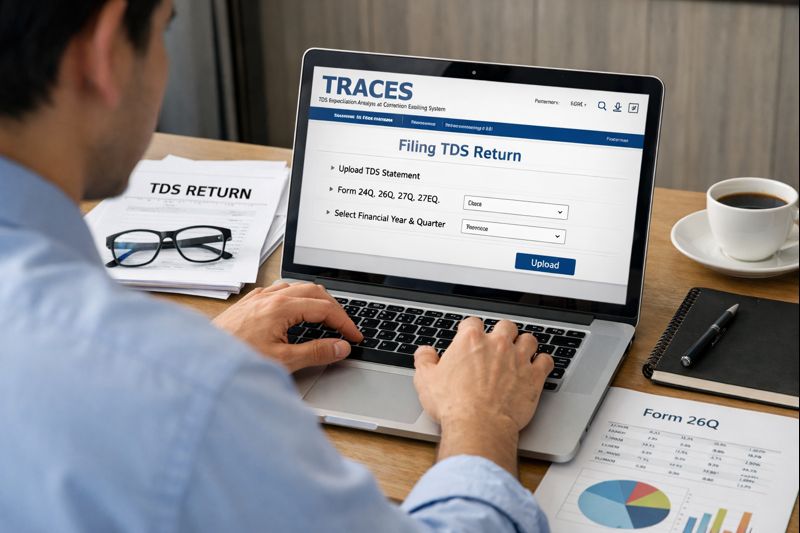
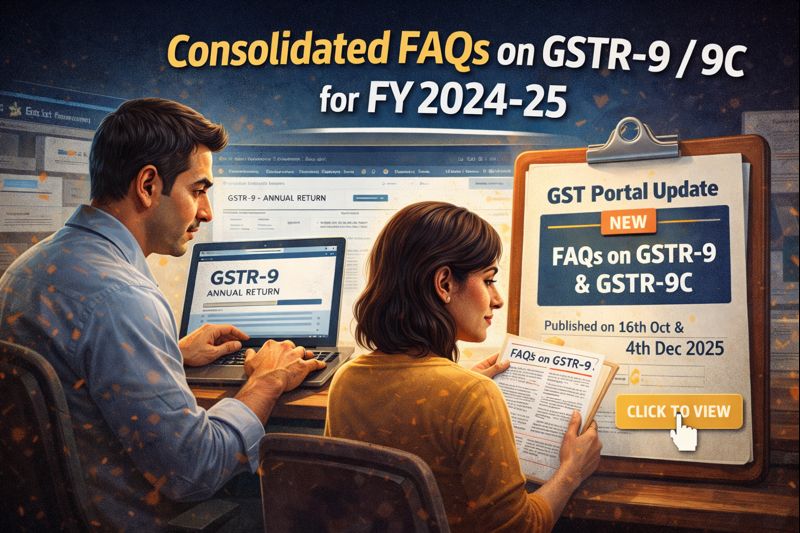
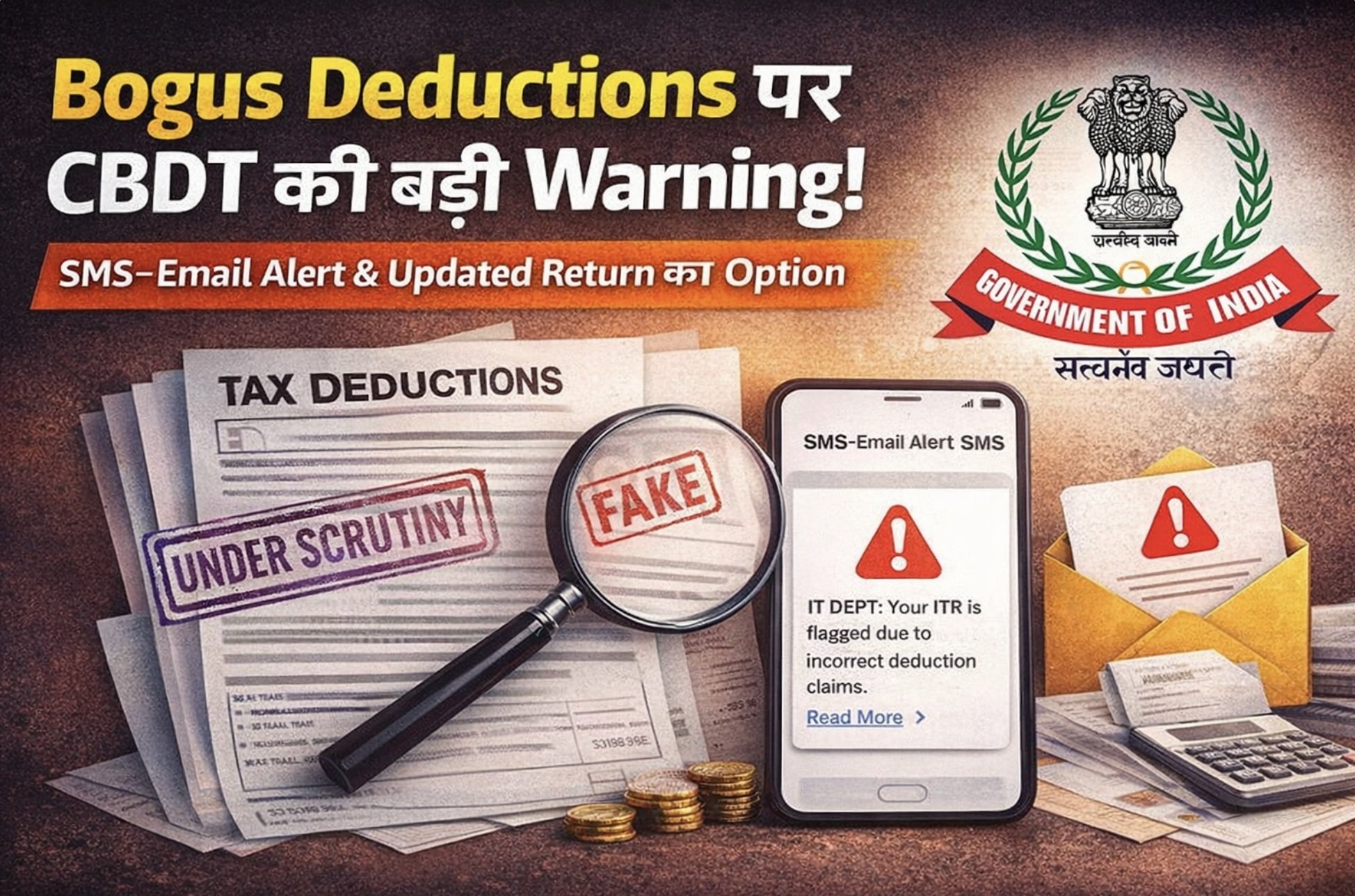
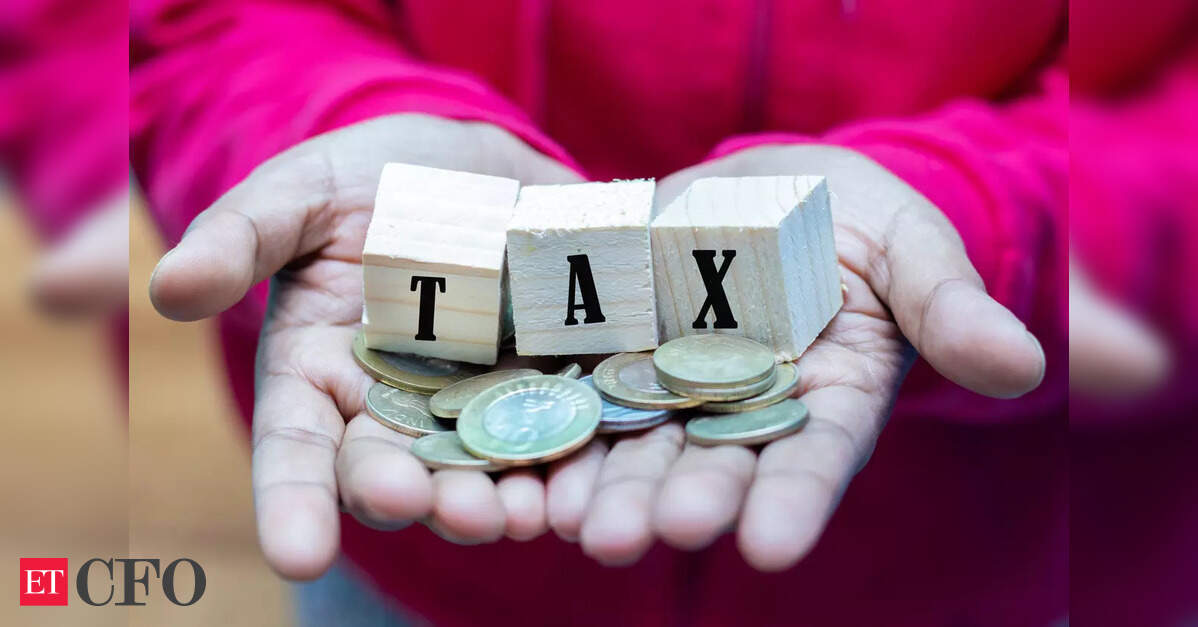

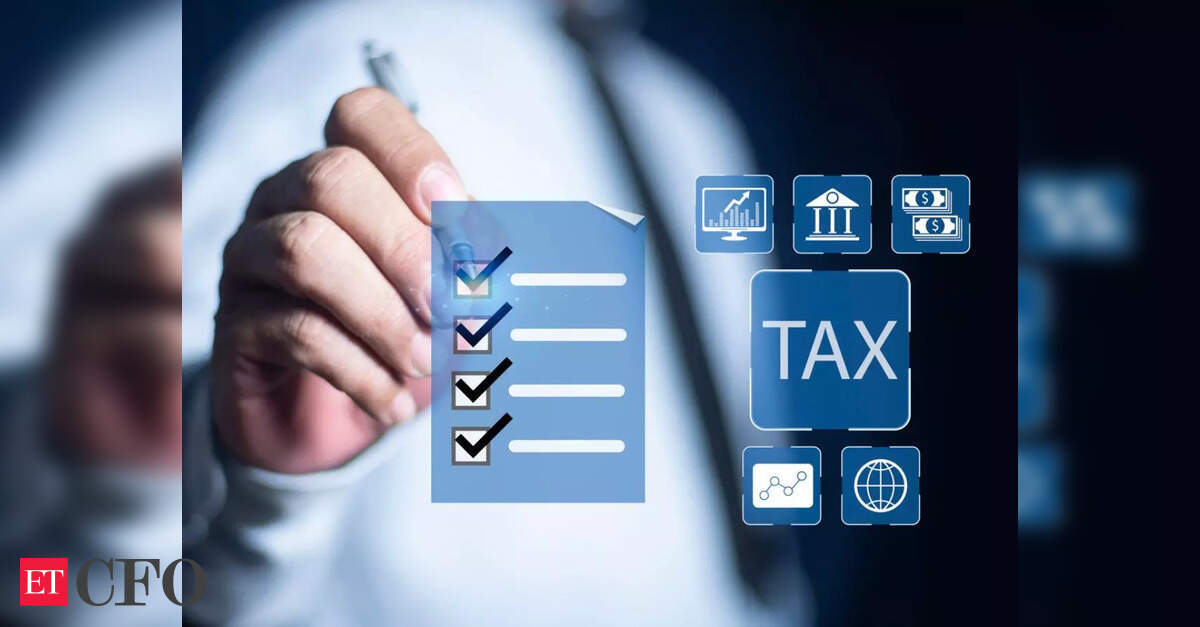
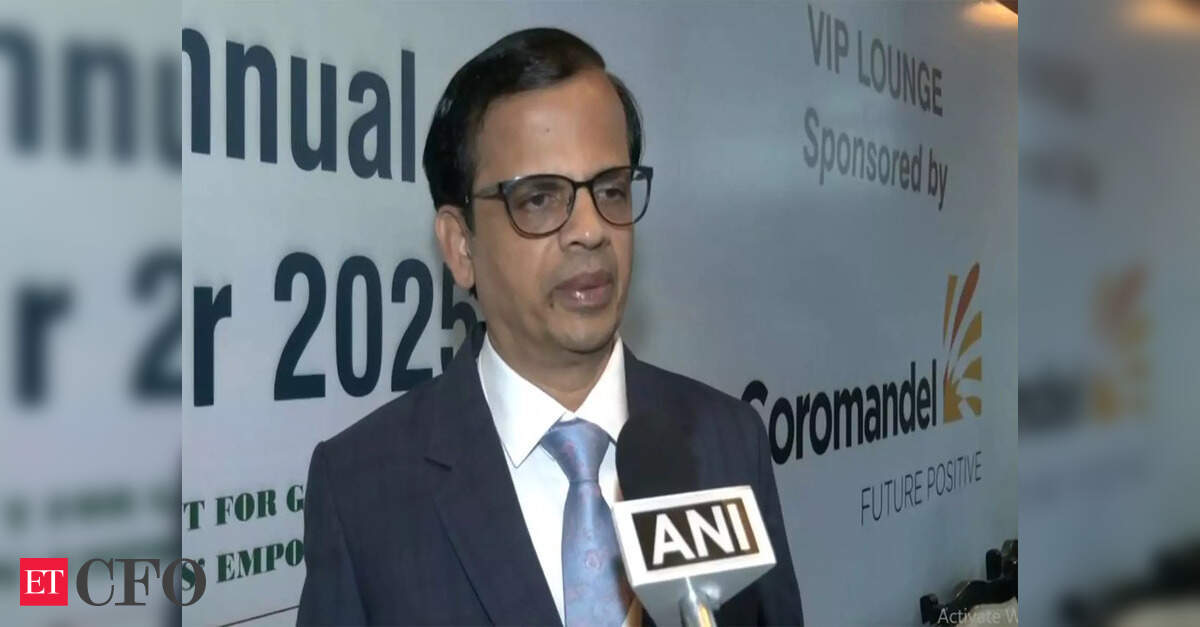


Knowledgeable and helpful
THANKS